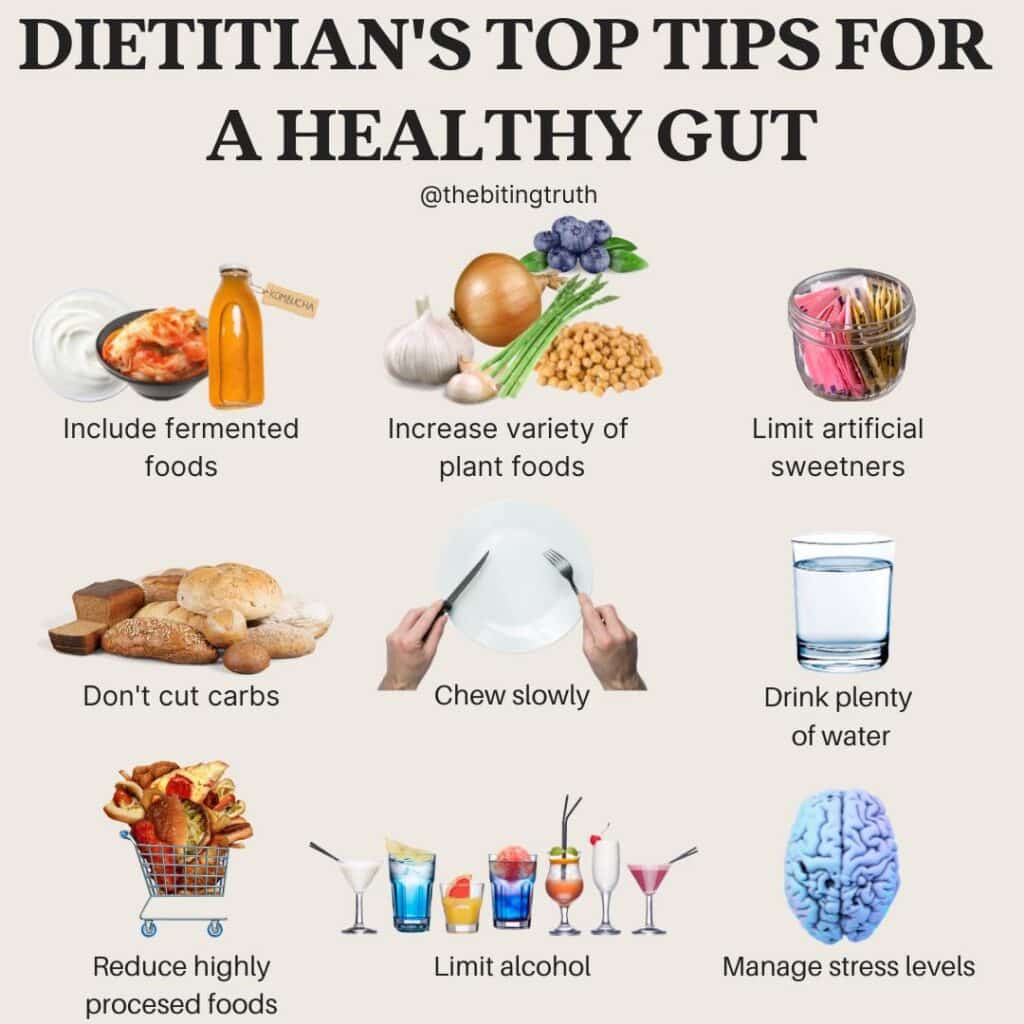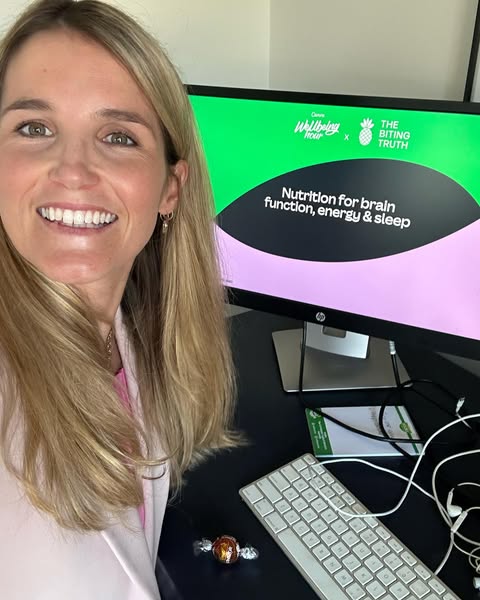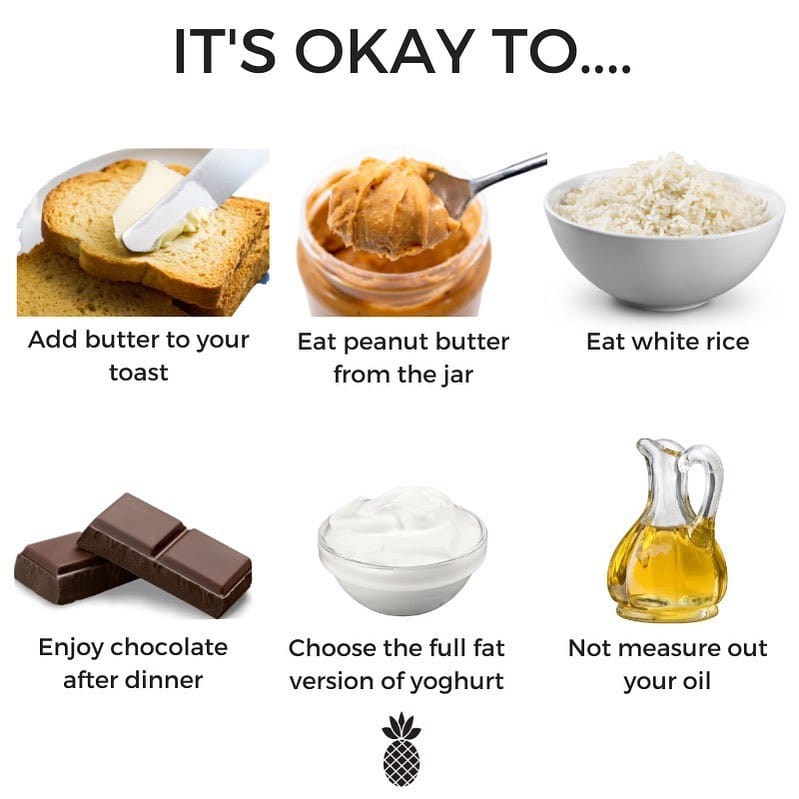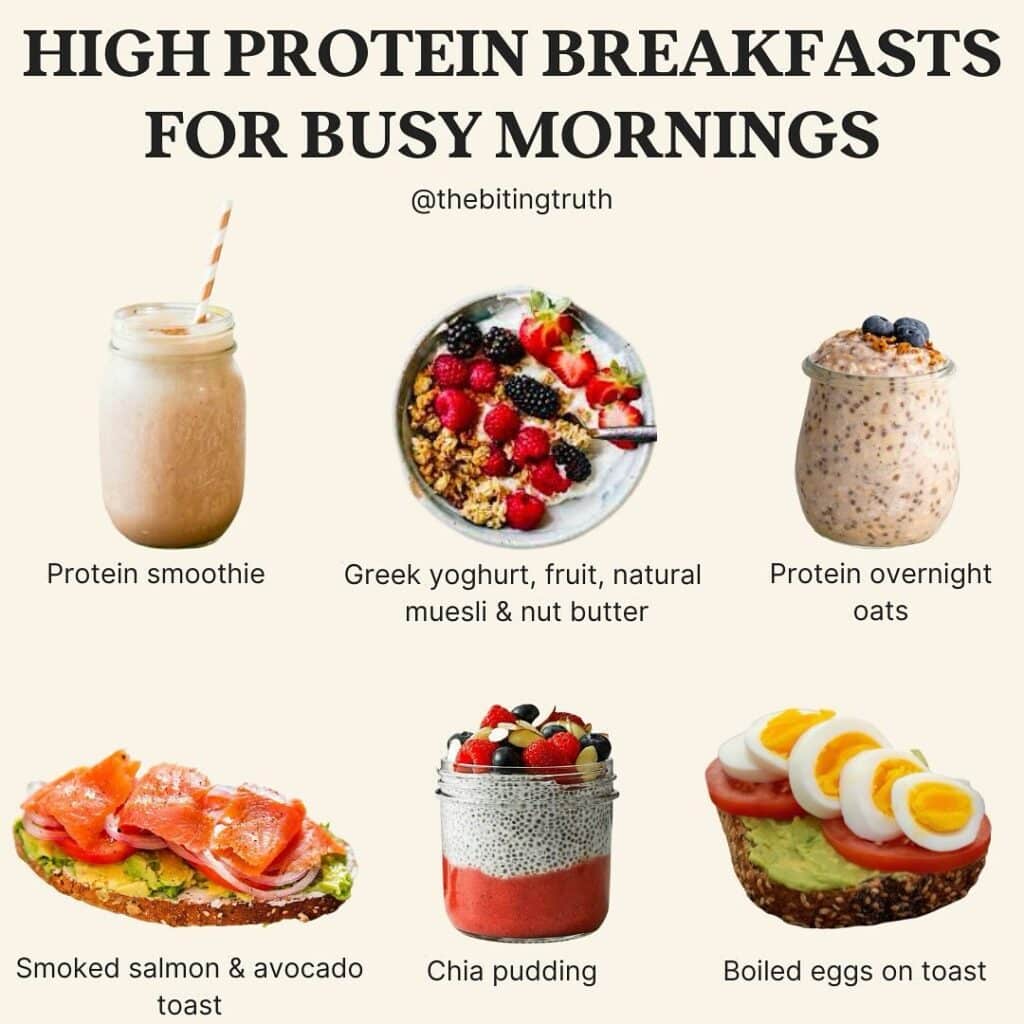Free shipping for orders over $80
Free shipping for orders over $80
A good night’s sleep is extremely important for good health – just as important as healthy eating and regular exercise.
Research continues to indicate that what you eat can play an important role in the quality of your slumber.
Good, restful sleep is so important for wellbeing. It’s so important that your body has its own time-keeping clock, known as your circadian rhythm. It’s a 24-hour internal clock that affects your brain, body and hormones. It can keep you alert and awake, but it can also tell your body when it’s time to sleep.
Essentially sleep as an opportunity to reset your entire body – particularly the brain.
Good sleeping patterns (~8 hours each night) can be beneficial to health in various ways; improved brain function (that means better concentration, productivity and memory), improved immunity and even improved athletic performance.
On the other hand, poor sleeping patterns (less than 7 hours each night) have been associated with reduced brain function and decreased immune function (that means a greater risk of developing a nasty cold!), and increased risk of various health conditions (including obesity, type 2 diabetes, depression and heart disease).
Science suggests that not only can our sleeping patterns impact the foods we consume, but the foods which we consume (particularly around bedtime) can actually impact our quality of sleep.
Do you find yourself reaching for more food when you’ve had a poor night’s sleep? This is no coincidence.
Lack of sleep increases the hormone (ghrelin), which makes you feel hungry, while suppressing the hormone (leptin) that makes you feel full. Not only do we tend to reach for those energy rich (often nutrient poor) foods, but our brains actually experience a more rewarding response to those foods, than it would if you were well-rested.
This combination can lead to weight gain which, in turn, increases our risk of sleep apnoea and snoring – two problems that play havoc with a good night’s rest. With adequate sleep however, these hormones find a balance which keeps our appetite in a healthy state.
In addition to this, early research has indicated that lack of sleep may also impact your gut flora. Studies have found that just two days of sleep deprivation can cause subtle changes to the gut flora and increase the abundance of bacteria associated with weight gain, obesity, type 2 diabetes and fat metabolism.
The evidence on how our overall diet effects our sleep is less extensive, however some aspects of diet have been associated with particular sleep characteristics.
For example, one study found a Mediterranean style diet in older adults with insomnia was associated with improved sleep quality. Higher intakes of saturated fat and sugar, along with low fibre diets have, on the other hand, been associated with a more restless sleep and overall reduced sleep quality.
This may be linked to gut health as we know a low fibre diet can impact the diversity and number of beneficial microbes living in the gut.
When our diet is lacking in particular nutrients, this can also negatively impact our sleep. For example, deficiencies in magnesium, iron and folate have been associated with a shorter sleep duration, and calcium deficiency has been linked to difficulty falling asleep.
What is becoming more well understood is the various components of foods which work to promote good quality sleep and regulate the body’s sleep cycle. We’ve explored 9 foods that have evidence to suggest their properties can potentially help with a good night’s sleep.
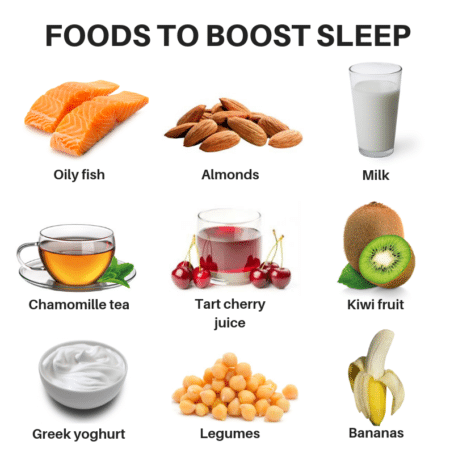
This is not a complete list. There are a huge number of foods, herbs, supplements that might help when it comes to falling asleep.
Try and eat at regular times throughout the day as this is thought to help with sleep habits. Also, try and stop eating at least 2 hours (ideally 3 hours) before bedtime to allow time for your body to properly digest the meal.
Sleep is incredibly important and impacts your immunity, appetite, energy levels and brain functioning.
Sleep deprivation can often lead to selecting energy dense, nutrient-poor foods. Selecting foods high in sugar and saturated fat can also negatively impact your sleep quality.
The good news is, there are some specific foods which may even be helpful in promoting a good night’s sleep by helping regulate your body clock and prepare the body for rest.
